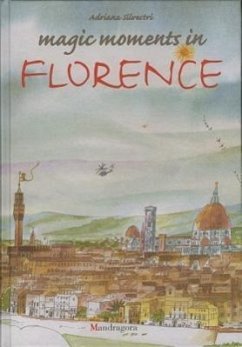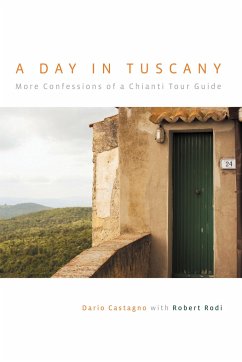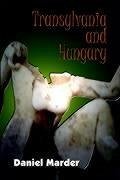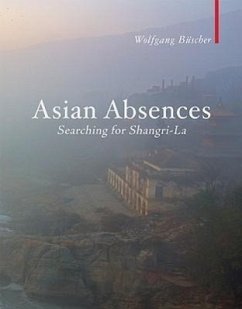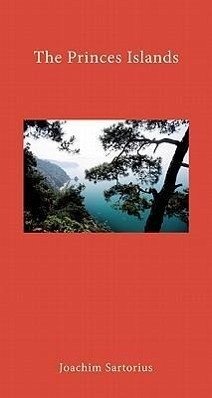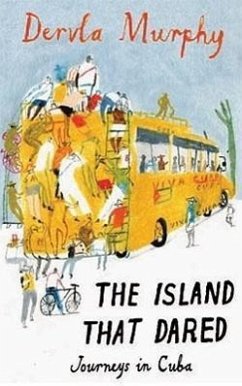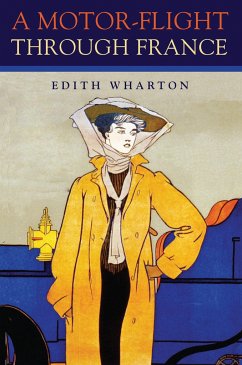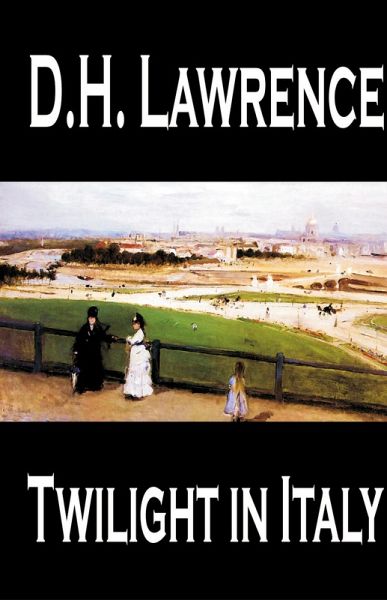
Twilight in Italy by D. H. Lawrence, Travel, Europe, Italy
Versandkostenfrei!
Versandfertig in über 4 Wochen
29,99 €
inkl. MwSt.

PAYBACK Punkte
15 °P sammeln!
The imperial road to Italy goes from Munich across the Tyrol, through Innsbruck and Bozen to Verona, over the mountains. Here the great processions passed as the emperors went South, or came home again from rosy Italy to their own Germany. And how much has that old imperial vanity clung to the German soul? Did not the German kings inherit the empire of bygone Rome? It was not a very real empire, perhaps, but the sound was high and splendid. Maybe a certain Grössenwahn is inherent in the German nature. If only nations would realize that they have certain natural characteristics, if only they c...
The imperial road to Italy goes from Munich across the Tyrol, through Innsbruck and Bozen to Verona, over the mountains. Here the great processions passed as the emperors went South, or came home again from rosy Italy to their own Germany. And how much has that old imperial vanity clung to the German soul? Did not the German kings inherit the empire of bygone Rome? It was not a very real empire, perhaps, but the sound was high and splendid. Maybe a certain Grössenwahn is inherent in the German nature. If only nations would realize that they have certain natural characteristics, if only they could understand and agree to each other's particular nature, how much simpler it would all be. The imperial procession no longer crosses the mountains, going South. That is almost forgotten, the road has almost passed out of mind. But still it is there, and its signs are standing.



